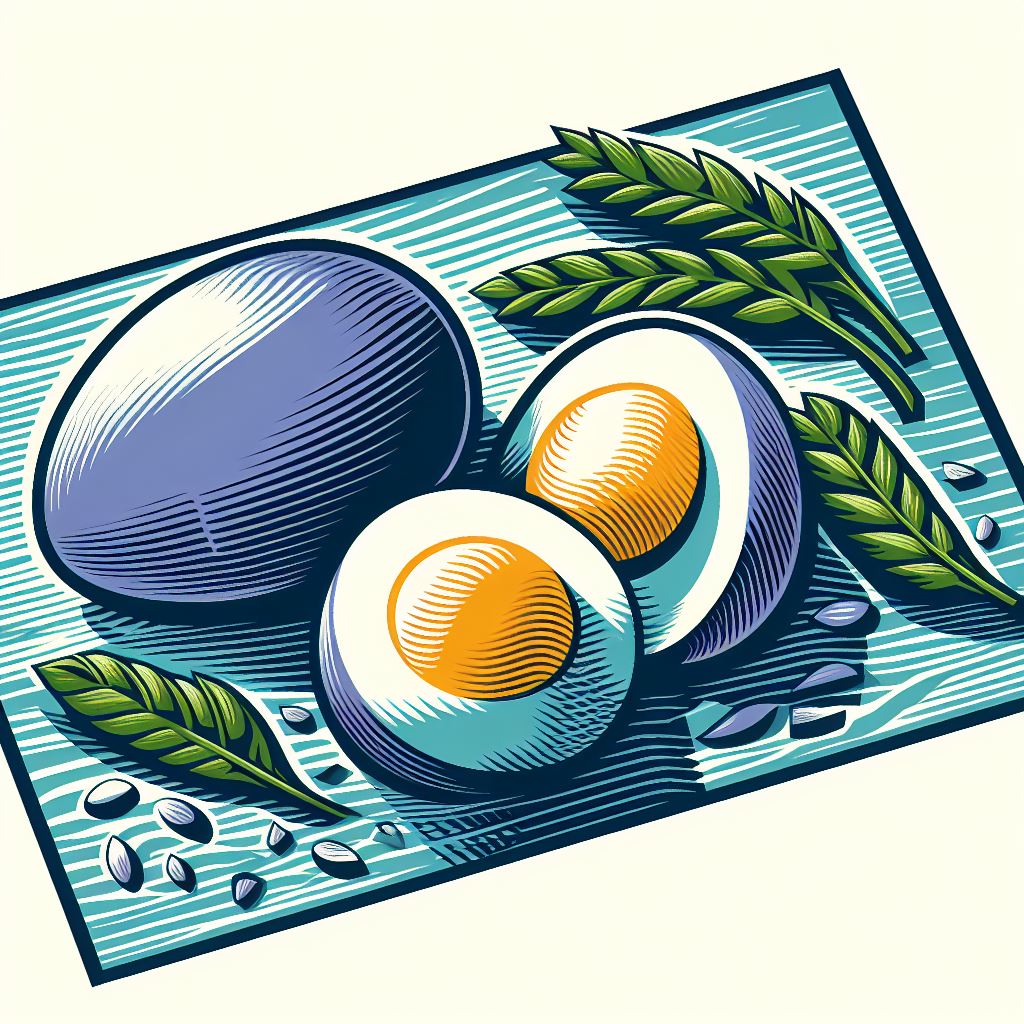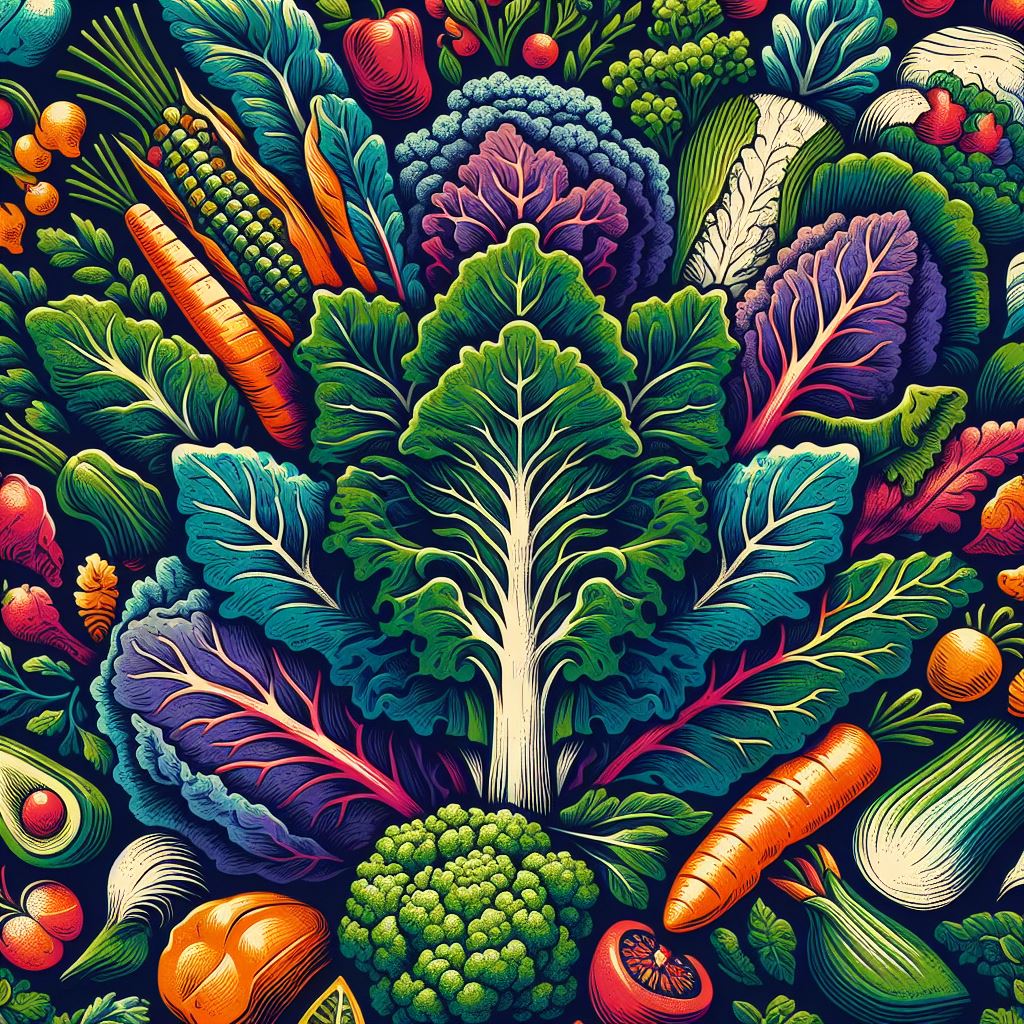Ah, eggs. The humble beginnings of not just life itself but of every dietitian’s favorite question: “How much protein is in these bad boys?” If eggs were a currency, bodybuilders would be the billionaires of the nutritional world, and breakfast would be Wall Street.
But before we crack into (pun intended) the heart of this egg-citing (couldn’t help myself) query, let’s get one thing straight: not all proteins are created equal, much like not all Netflix series are worth the binge. Eggs, however, are the “Breaking Bad” of protein sources – universally acknowledged as pretty darn good.
Table of Contents
The Yolk’s on You
First off, if you think the yolk is just cholesterol’s playground, you’re missing out on a treasure trove of nutrients. But we’re here for the protein, so here’s the dish:
| Part of Egg | Protein Content | Why It Matters |
|---|---|---|
| Whole Egg | 6 grams | Complete protein, and you get to eat the yolk (yum). |
| Egg White | 3.6 grams | For the “I’m watching my cholesterol” crowd. |
That’s right, folks. One large egg gifts you about 6 grams of high-quality protein, wrapped up in a shell that Mother Nature herself designed. It’s like getting a protein bar that doesn’t taste like cardboard.
Protein Quality: Scrambled or Sunny Side Up?
Not all protein walks into your body and gets to work like it owns the place. The Biological Value (BV) of protein measures how efficiently your body can use that protein. Egg protein? It’s practically the CEO with a BV of 100—the gold standard.
Now, if you’ve been tossing the yolk and only eating the whites in a valiant effort to avoid fats, pause. The yolk isn’t just the sunnier side of the egg; it’s where almost all the nutrients are partying. Yes, including fats, but guess what? Your body needs those too.
Egg-sploring the Benefits Beyond the Protein
Eggs don’t just bring protein to the party. They’re the guest that shows up with a plus one—or five. Vitamins D, B6, B12, selenium, and more. Turns out, you can almost have your cake and eat it too—if that cake were made of eggs, that is.
The Great Egg Debate: To Eat or Not to Eat
Now, for the moment of truth. Should eggs be the main attraction of your dietary habits? In moderation (like all good things in life), absolutely. Eggs are versatile, nutrient-dense, and unlike that gym membership, you’ll actually use them regularly.
Pro Tips for the Pro-teins
- Mix It Up: Don’t just boil or fry. Whip up omelets, frittatas, or add them to soups and salads. Variety is the spice of life—and your diet.
- Know Your Eggs: Cage-free? Organic? Omega-3 enriched? Eggs come in grades and labels. Do a quick homework session to find out what’s best for you and the hens.
- Watch the Add-ons: An egg might be the perfect food, but that changes when it swims in cheese or hides under a mountain of salt. Keep it simple.
Egg-cessive Consumption? How Much Is Too Much
The one million dollar question (adjusted for inflation): How many eggs is too many? Look, unless you’re planning to turn into an egg (metaphorically speaking), eating 1-3 eggs a day, considering you’re in good health and keep an eye on what else goes on your plate, you’re likely in the clear.
Remember, dietary cholesterol (the stuff in eggs) has a smaller impact on blood cholesterol levels than once feared. However, like all good plot twists, it’s personal. Some folks might need to be more cautious—talking to a dietitian (hello there) is a great idea if you’re unsure.
The Egg-citing Conclusion
In the grand scheme of diet and nutrition, eggs are less like a supporting character and more like a lead role in a hit series. They’re affordable, packed with high-quality protein, and frankly, delicious.
But don’t put all your eggs in one basket. Nutrition is about the big picture—varied and balanced. Eggs can be a part of that beautiful mosaic, just like avocado on toast, or better yet, avocado on toast with a poached egg on top.
And there you have it, the unscrambled truth about eggs and protein. Now, go forth and conquer the kitchen, one egg at a time.





